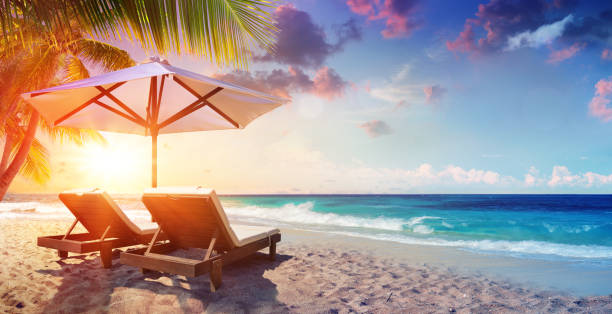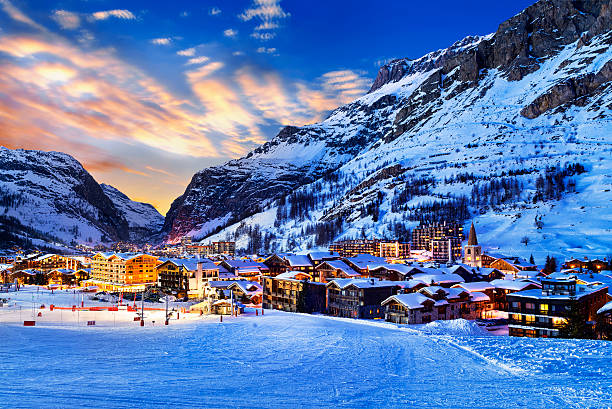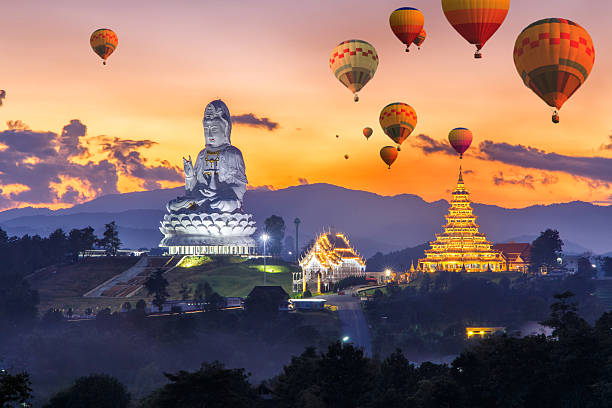The World of Best Luxury Fragrances
Introduction to Luxury Fragrances
Luxury fragrances have a unique charm that transcends the ordinary. They are crafted with precision, using the finest ingredients sourced from around the world. These scents evoke emotions, create memories, and establish a presence that is both sophisticated and unforgettable. The allure of luxury fragrances lies not just in their smell but in the artistry and heritage behind each bottle.
The Art of Perfume Making
The creation of a luxury fragrance is an intricate process that involves a blend of art and science. Master perfumers, often referred to as "noses," dedicate years to perfecting their craft. They understand the delicate balance required to combine various notes, from the top to the base, to create a harmonious blend. Each fragrance tells a story, and every element, from the choice of ingredients to the design of the bottle, plays a crucial role in conveying that narrative.
The History of Luxury Fragrances
The history of luxury fragrances dates back to ancient civilizations, where perfumes were used in religious ceremonies, royal courts, and for personal adornment. The Egyptians were among the first to use fragrances, incorporating them into their daily rituals and burial practices. The art of perfume making then spread to Greece and Rome, where it became an essential part of daily life and social customs.
In the Middle Ages, the knowledge of perfume making was preserved by the Arabs, who refined the distillation process and introduced new ingredients such as jasmine and citrus. The Renaissance period saw the rise of perfume in Europe, particularly in Italy and France. French perfumers became renowned for their expertise, and the city of Grasse in the south of France emerged as the epicenter of the perfume industry.
Modern Luxury Fragrances
Today's luxury fragrances continue to draw inspiration from their rich history while embracing modern innovations. Contemporary perfumers experiment with new combinations of ingredients, creating scents that are both timeless and avant-garde. The industry has also seen a shift towards sustainability, with many brands sourcing ethical ingredients and adopting eco-friendly practices.
Iconic Luxury Fragrances
Several fragrances have achieved iconic status over the years, becoming synonymous with luxury and elegance. Chanel No. 5, introduced in 1921, is perhaps the most famous perfume in the world. Its unique blend of aldehydes and floral notes revolutionized the industry and set a new standard for luxury fragrances. Another iconic scent is Guerlain's Shalimar, a sensual oriental fragrance that has captivated wearers since its launch in 1925.
The Influence of Culture on Fragrance
Culture plays a significant role in the creation and perception of luxury fragrances. In the Middle East, for example, rich, opulent scents featuring oud and amber are highly prized. In contrast, Western preferences often lean towards lighter, fresher fragrances with floral and citrus notes. These cultural influences shape the way perfumers design their creations, ensuring that each fragrance resonates with its intended audience.
The Role of Marketing in Luxury Fragrances
Marketing is crucial in the luxury fragrance industry. The presentation of a fragrance, from its packaging to its advertising campaign, is designed to evoke a sense of exclusivity and desirability. High-profile endorsements by celebrities and collaborations with fashion designers often help to elevate the status of a fragrance. Limited edition releases and bespoke services further enhance the allure of these luxury products.
The Experience of Wearing a Luxury Fragrance
Wearing a luxury fragrance is a deeply personal experience. The scent interacts with the wearer's skin, creating a unique olfactory signature. It can boost confidence, evoke emotions, and leave a lasting impression. The experience of wearing a luxury fragrance is not just about the scent itself but also the ritual of applying it, from the beautifully designed bottle to the sensory pleasure of the fragrance enveloping the wearer.
The Future of Luxury Fragrances
The future of luxury fragrances looks promising, with advances in technology and a growing emphasis on sustainability. The industry is likely to see more innovation in terms of ingredient sourcing and fragrance composition. There is also a trend towards personalization, with brands offering custom fragrance creation services to cater to individual preferences. As consumers become more conscious of their environmental impact, the demand for eco-friendly and ethically produced fragrances is expected to rise.
Conclusion
Luxury fragrances represent the pinnacle of olfactory art. They are more than just scents; they are expressions of identity, culture, and artistry. From their historical origins to their modern-day innovations, luxury fragrances continue to captivate and enchant. Whether it's the timeless allure of a classic scent or the bold creativity of a contemporary creation, these fragrances offer an unparalleled sensory experience that transcends time and place.


.jpg)

